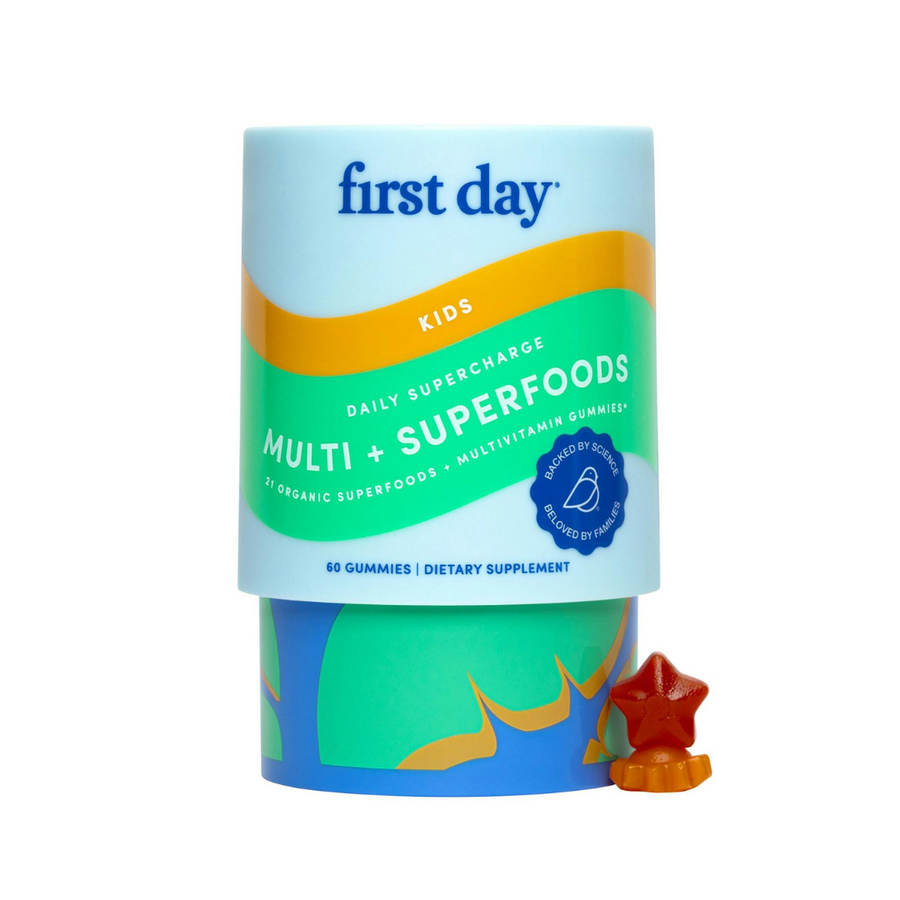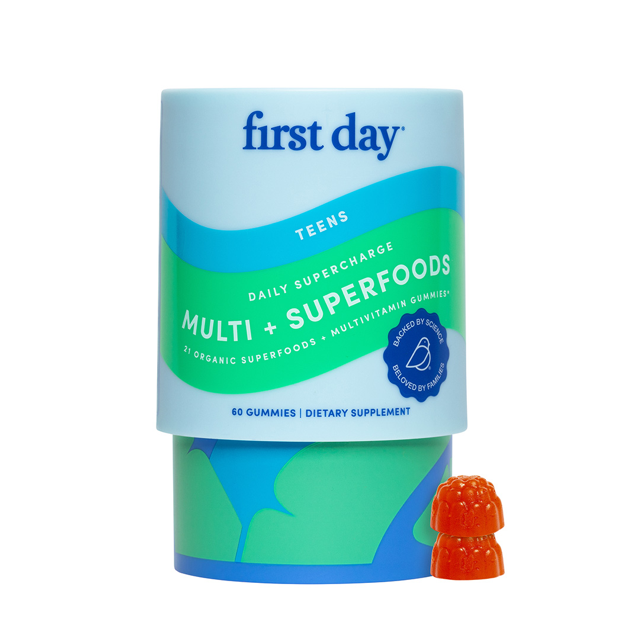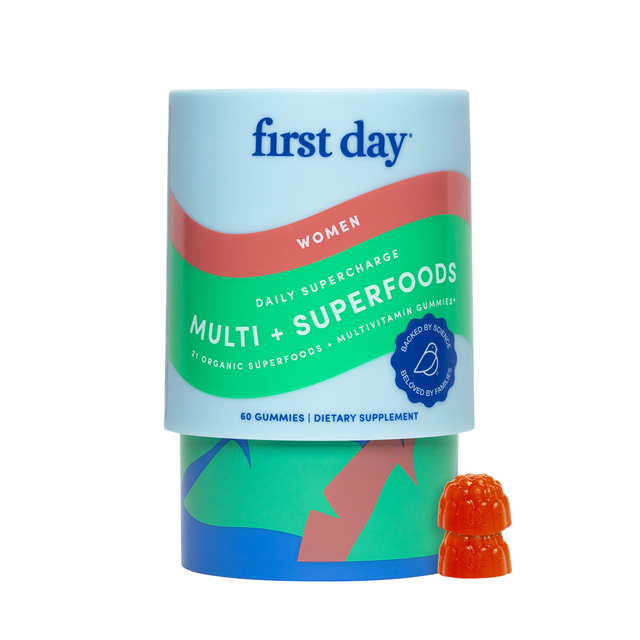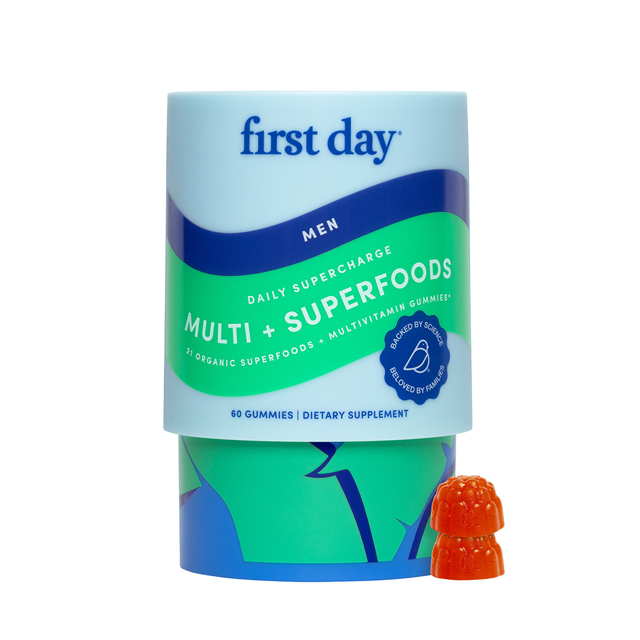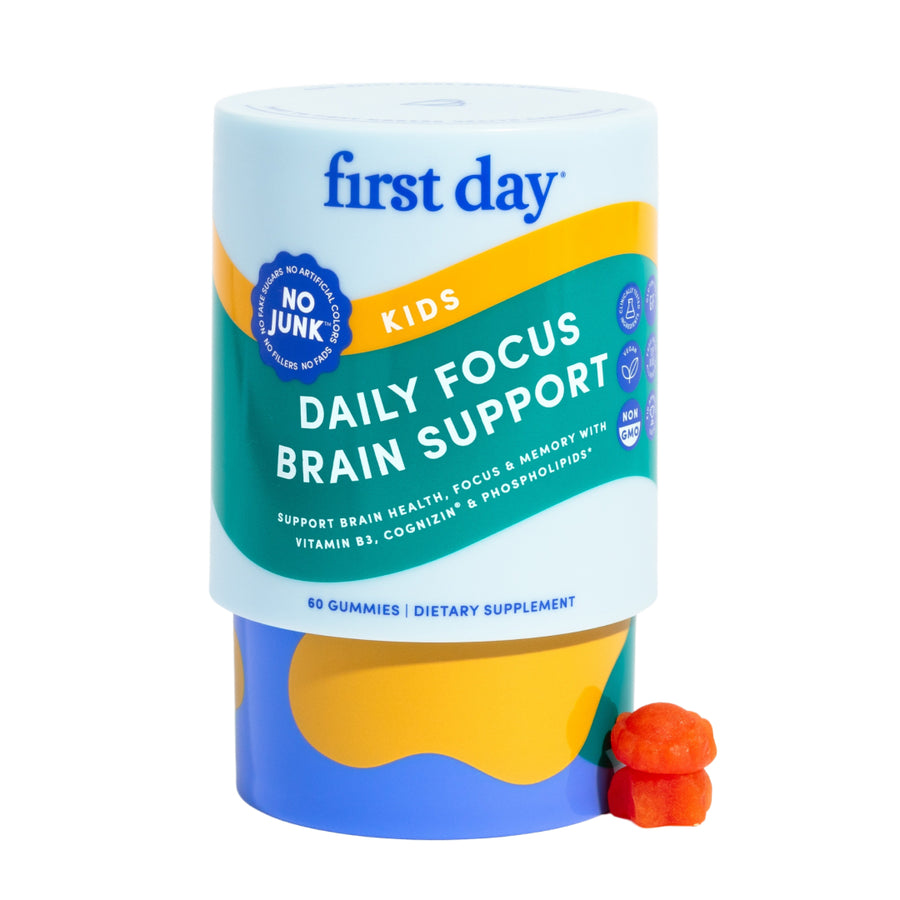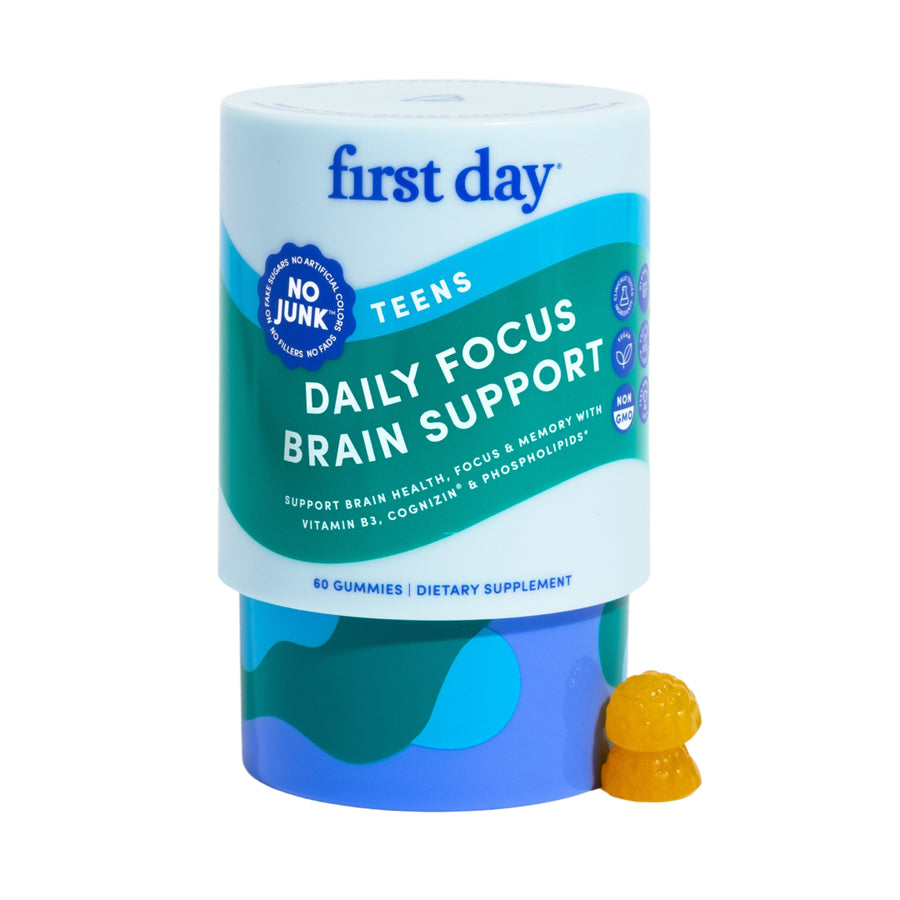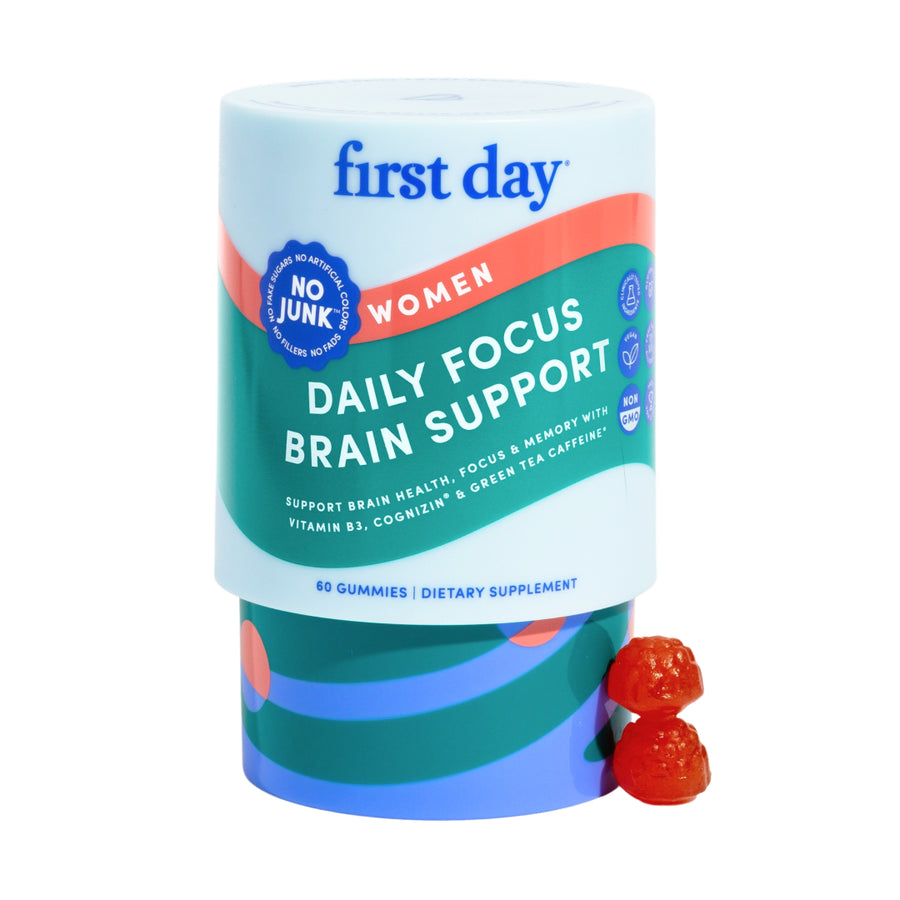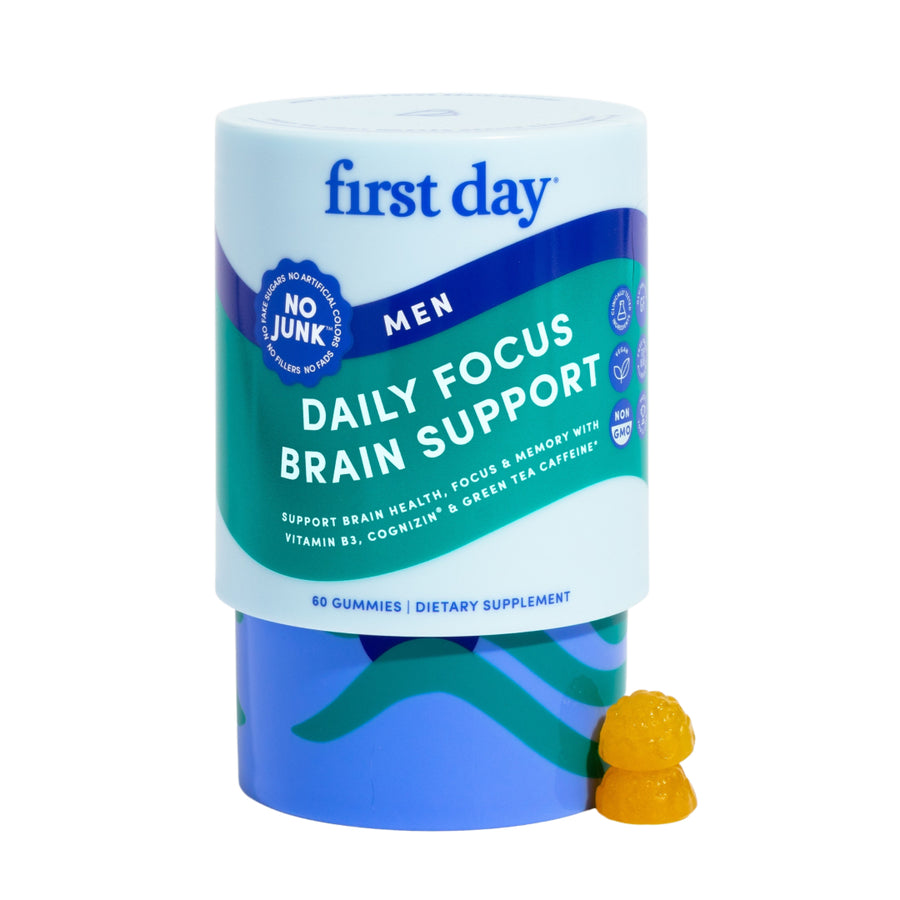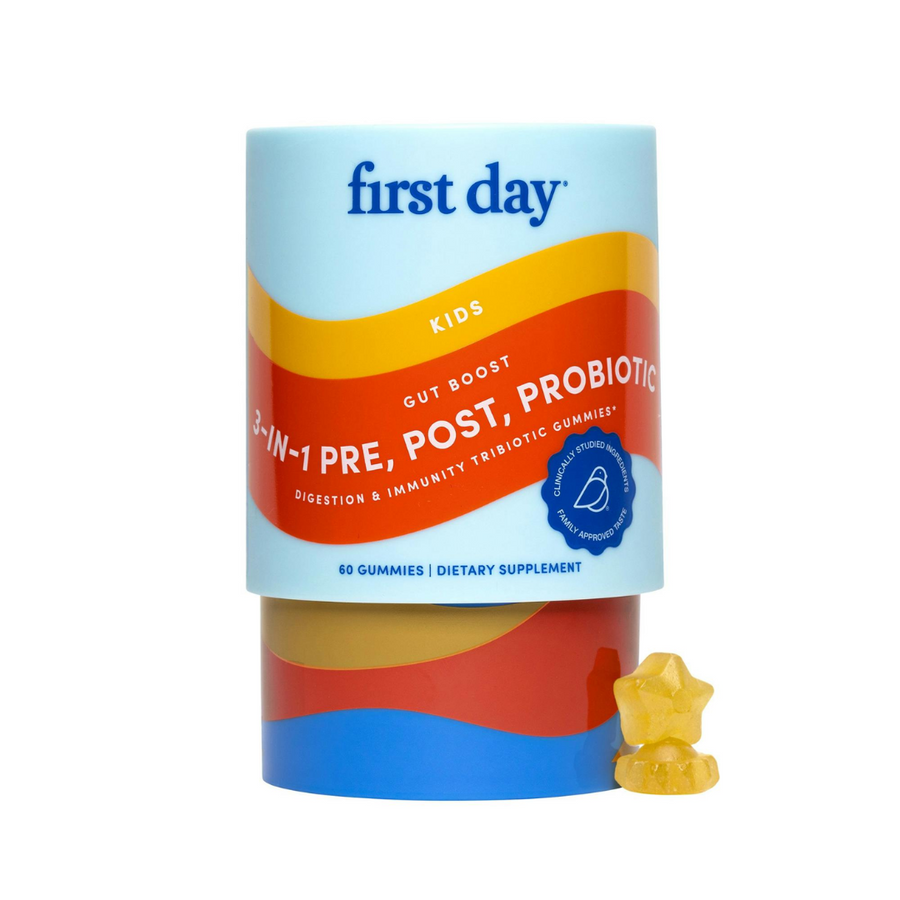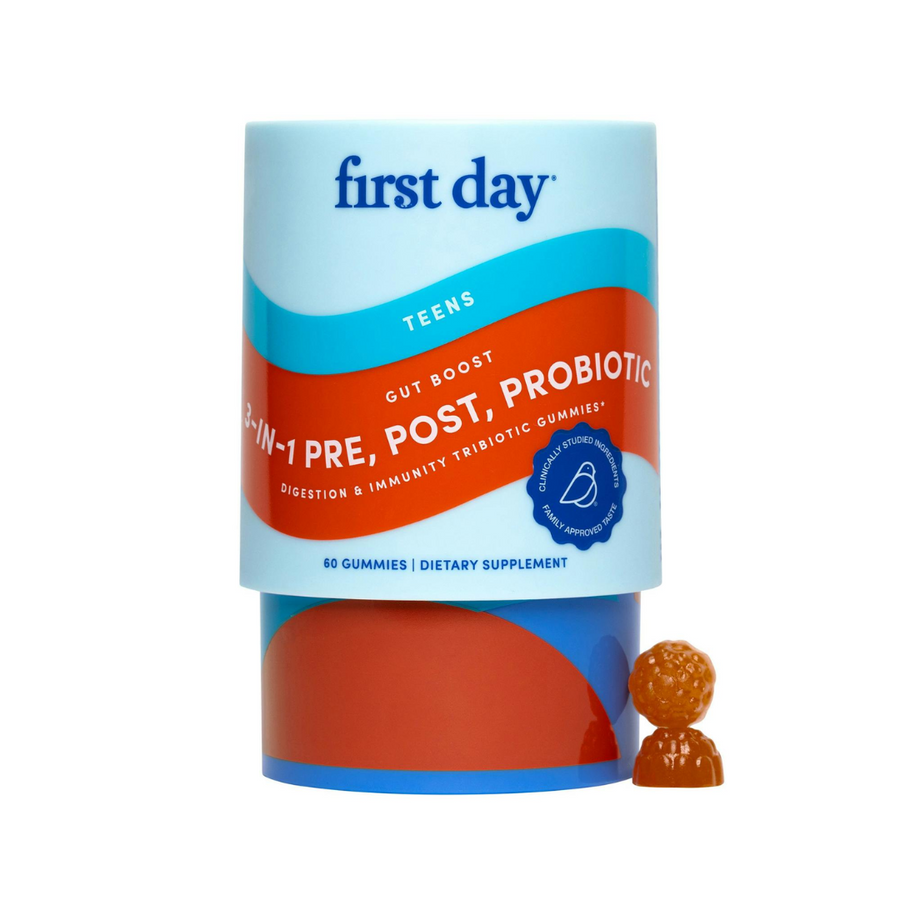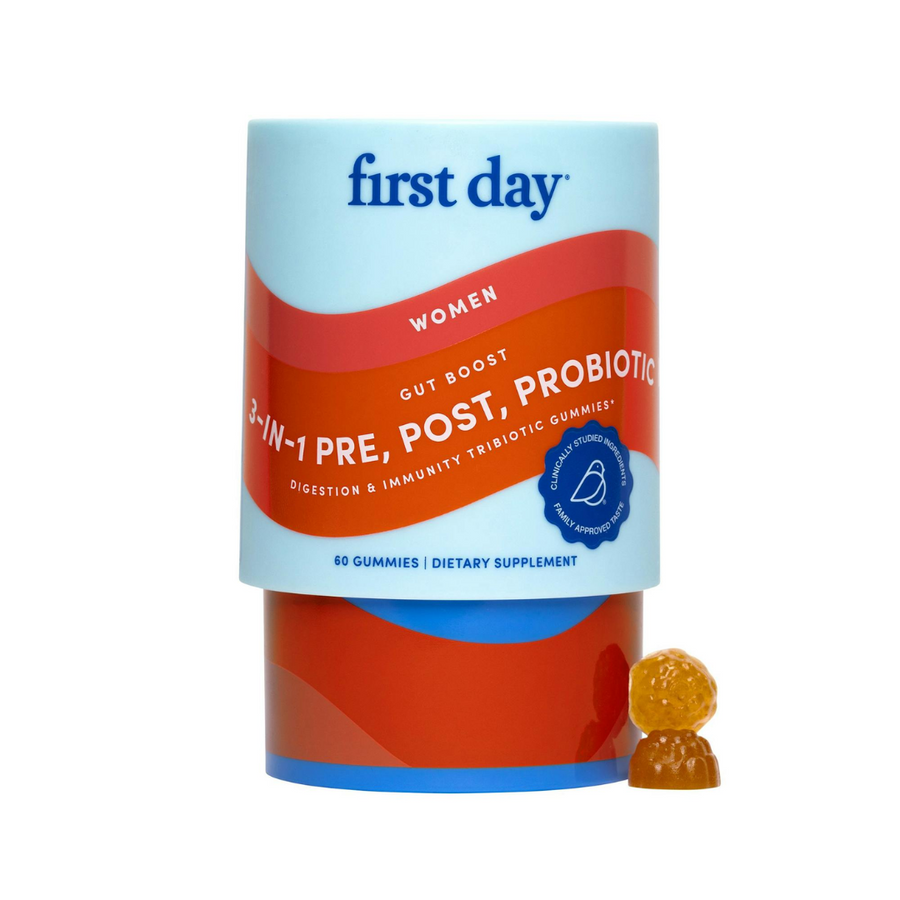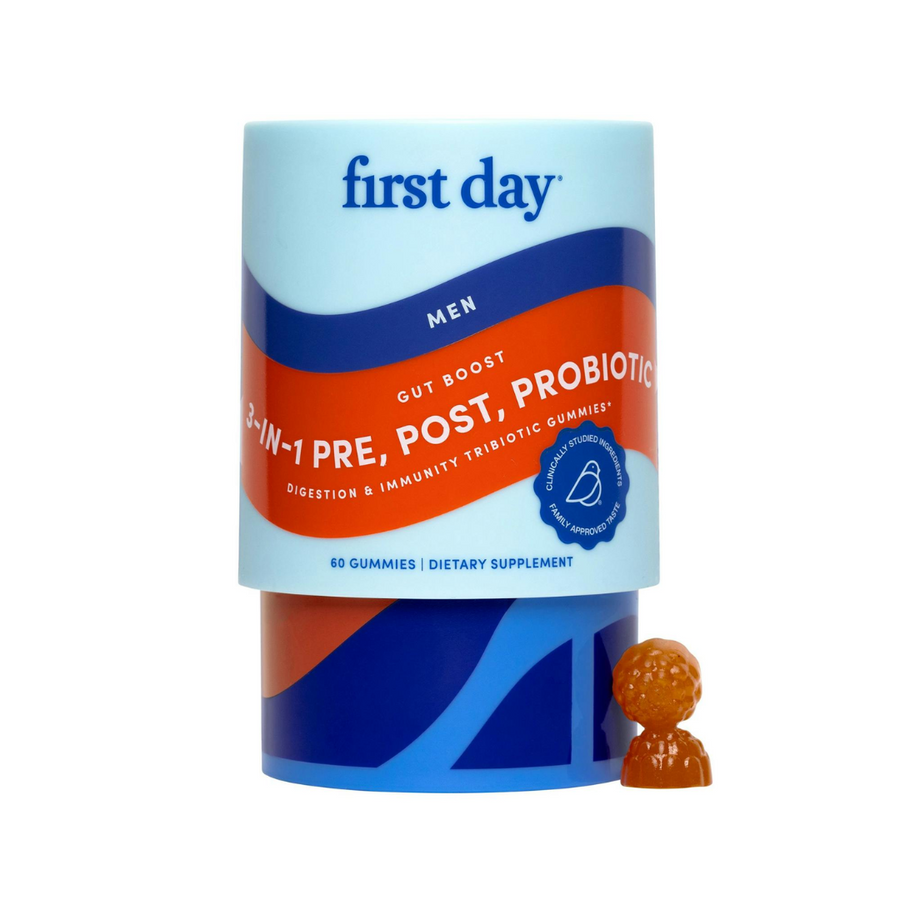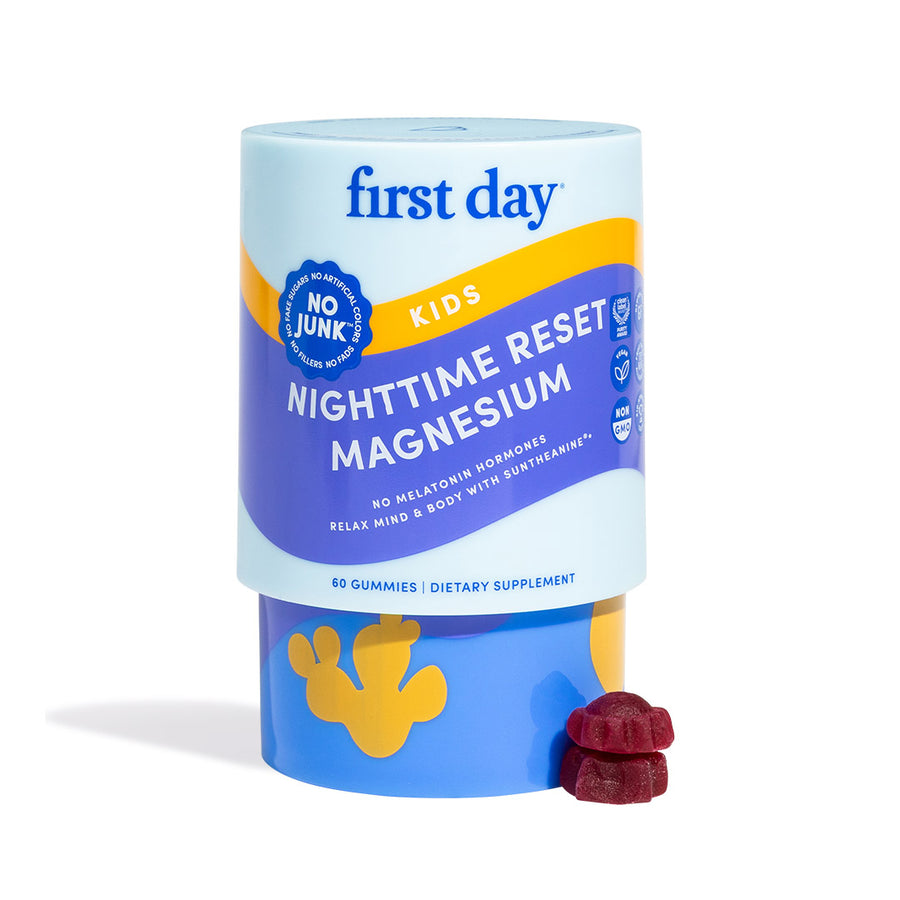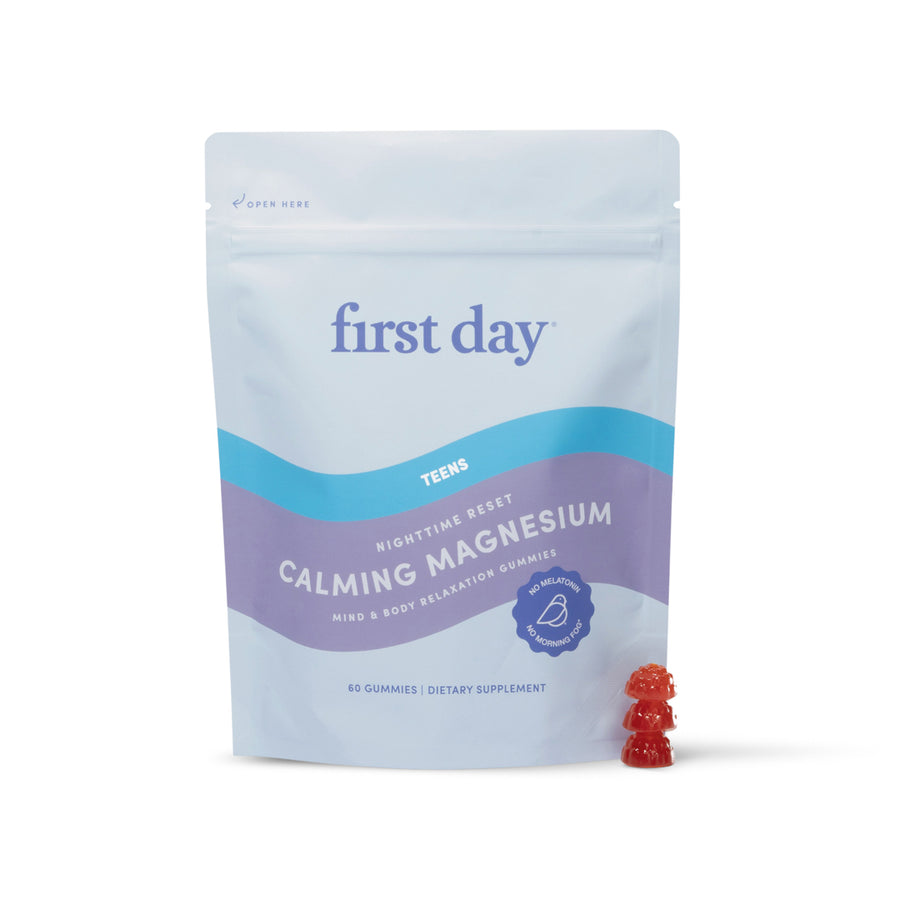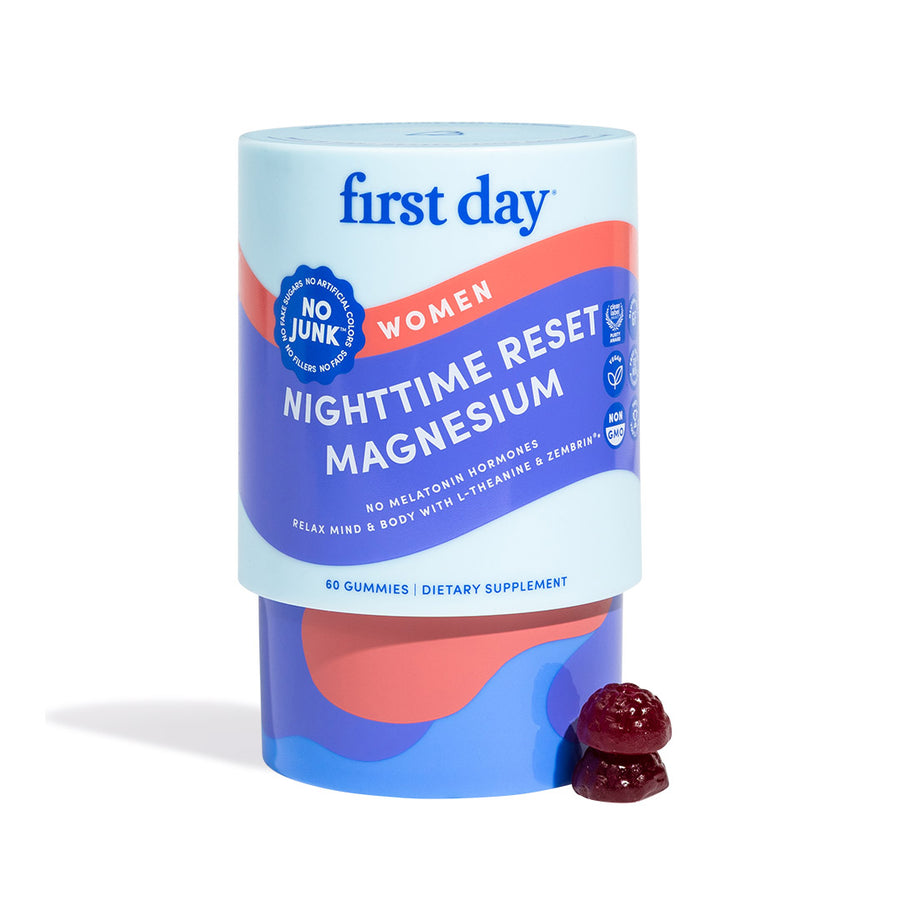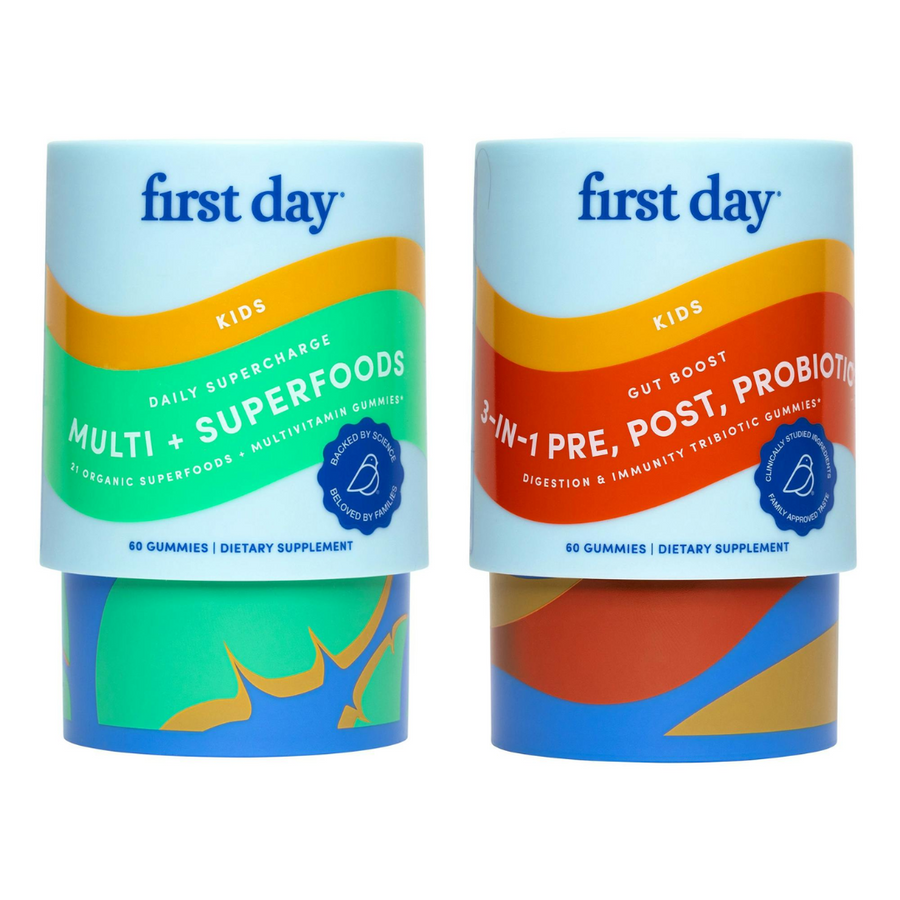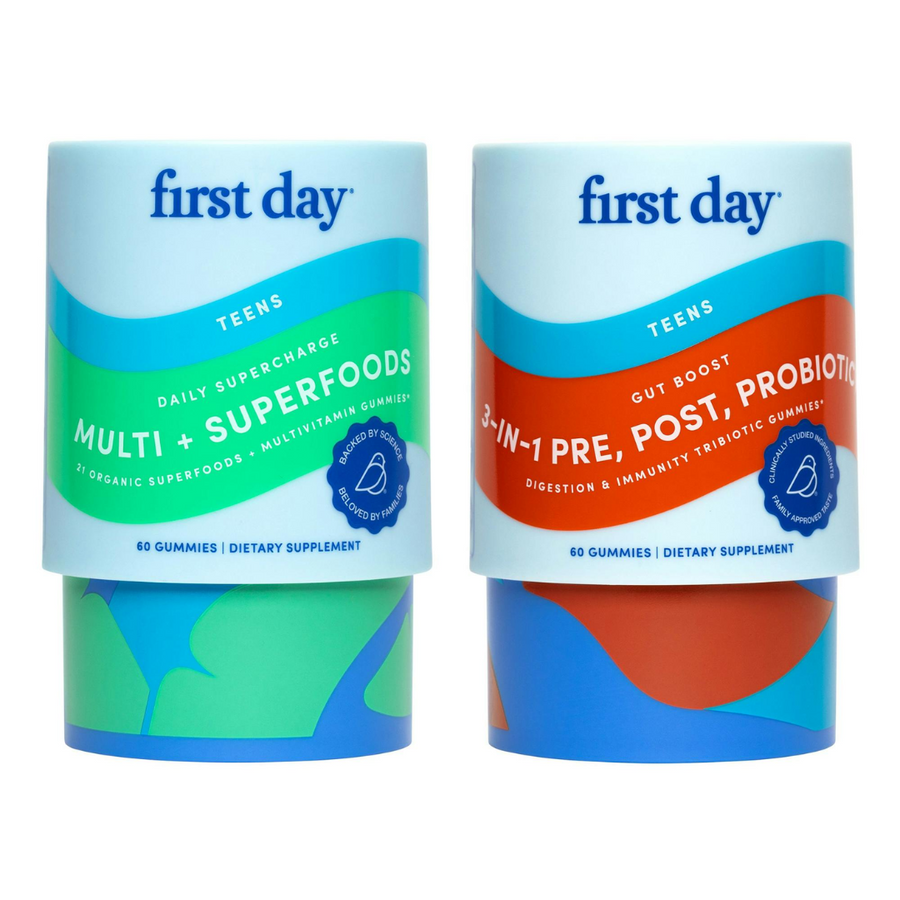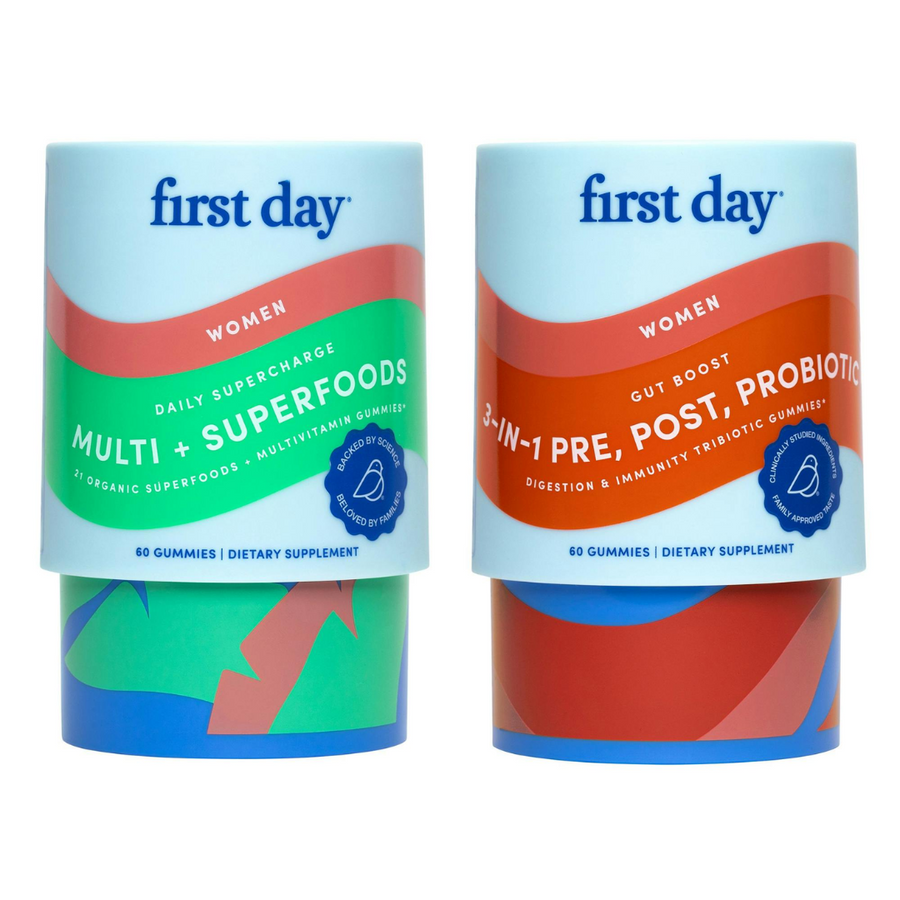Do you remember the first time you decided to take multivitamins? Maybe it was after a tough week when you just couldn’t find enough energy, no matter how much coffee you drank. Or perhaps it was on the advice of friends who swore by their vitamin boost for feeling great. In our busy lives, it's easy to skip breakfast or grab fast food, leading to a lack of essential nutrients. This is where a supplement regimen comes in—they help make sure we get the nutrients we might be missing. But the big question is, "How long does it take for multivitamins to start working?" It's a common concern—after all, if you're going to make this a daily habit, you want to see some results! In this blog post, we'll explore that question, sharing insights and real-life examples to help you on your vitamin journey.
How Do Multivitamins Actually Work?
Before we start savoring some yummy multivitamins, we first have to understand how they work. You see, our bodies are complex machines that require a variety of vitamins and minerals to function correctly.
How Your Body Absorbs Multivitamins
When you take a vitamin supplement, the first thing that happens is absorption, mainly in the small intestine where your body starts grabbing the vitamins and minerals. Fun fact: things like your age, diet, and even the time of day can influence how well you absorb these nutrients. For example, a study in the Journal of the Academy of Nutrition and Dietetics found that eating fatty foods can boost vitamin D3 absorption. For instance, the fat-soluble vitamins, A, D, E, and K, get absorbed better if you take them with a meal that includes healthy fats.
Traveling Through Your System
Once absorbed, these essential nutrients hitch a ride through your bloodstream to get where they’re needed. Your body prioritizes which vitamins and minerals go where based on what it needs most at any given time. Some get used up quickly (like water-soluble vitamins such as B vitamins for energy), while others (vitamin D or calcium) might linger in your system a bit longer. This is because the body stores certain vitamins and minerals in tissues, such as calcium in bones.
Making the Most of Your Nutrients
So the last stage is where the magic happens—metabolism and utilization! This is when your body takes all those awesome nutrients and turns them into the energy and building blocks needed to keep you going strong. Each vitamin has its own cool job, like boosting your immune system, helping you see better, or making your bones tough as nails.
What Happens When You Start Taking Vitamins Right Away?
So, you may be thinking that the takeaway is—if you start munching on vitamins today, will they work instantly? Well, maybe...
Feel the Energy: B Vitamins
When you first start taking multivitamins, some folks say they feel an instant boost in energy or alertness. There's actually some science to back this up! A study in the Cureus journal found that vitamins like B12 can give your mood a boost. Pretty cool, right? But keep in mind that how quickly you experience the effects really varies largely from person to person.
Quick Hits: The Role of Vitamin C
Vitamin C is a powerhouse when it comes to boosting your immune system and overall health. According to a study in the American Journal of Lifestyle Medicine, Vitamin C may reduce the duration and severity of colds by boosting your immune system within 5 days, preferably 1-2 weeks. It's also crucial for the synthesis of collagen, which is important for skin, bone, and joint health. You'll typically start to feel its impact within a few days, especially if you're consistent with your intake.
How Quickly Vitamins Get Into Your System
Have you ever heard the word, "bioavailability"? Well, it refers to how much and how quickly your body absorbs a nutrient from food or supplements. Studies show that whole food is the best source of vitamins and minerals. Nevertheless, multivitamins still play a crucial role in filling nutrition gaps. They can fill any nutritional gaps in your diet and help you feel better sooner.
But, here's the thing. Not all dietary supplements are created equal, and factors like sourcing, manufacturing, and testing can play a huge role!
At First Day, we go all out to bring you top-notch nutrients. We've sourced high-quality ingredients from around the world. Our yummy gummies are made to meet strict standards, and we test each batch three times to ensure quality, safety - and of course, peak vitamin efficacy and potency! You can trust you're getting the best!
Getting the Long-Haul Benefits
As you keep taking your vitamins consistently, you might not notice dramatic changes right away. Rather, the benefits slowly build up over time. For example, a study suggests that a steady intake of Vitamin D supplements shows bone density improvements after consistent use for at least 6 months - which is great for vitamin D deficiency. Also, regularly taking vitamins helps keep your nutrient levels stable. Consistently using multivitamins and having a stable vitamin regimen supports your metabolism and overall health, making you feel great!
What Affects How Well Your Body Absorbs Multivitamins?
But not everything is cookie-cutter when it comes to vitamins and absorption. Here are a few factors that can affect how well your body takes in all those goodies:
- Age: As we age, our bodies might struggle to absorb or produce certain vitamins. Take Vitamin D, for instance—our ability to make it may drop over time. So, it's a good idea to top up with supplements as we get older.
- Diet: Eating a balanced diet packed with whole foods is the best way to get all your vitamins and minerals. But hey, if your meals are falling short for any reason, vitamin supplements can swoop in by bridging those vitamin deficiencies and fighting off hidden hunger.
- Health Conditions: Some health issues can mess with your body's ability to soak up nutrients. For example, if you've got leaky gut syndrome, you might struggle to absorb essential vitamins.
- Gut Health: Your gut health is key to soaking up those nutrients! A happy gut microbiome is essential for this. Keep it thriving by taking prebiotics and probiotics together for optimal nutrient absorption
- Synergism & Antagonism: Look, some vitamins boost the absorption of others (synergism), while some vitamins shouldn't be taken together as they may interfere with each other's uptake (antagonism). For example, Vitamin D helps your body absorb calcium more efficiently, whereas calcium can hinder iron absorption.
So, How Long Does It Take for Multivitamins to Start Working?
Well, multivitamins aren't a magic instant fix. But with time and consistency, they can truly be game-changers for your health and wellness journey. While you may reap some benefits shortly after starting, the full effects of multivitamins kick in over time. So, keep at it! Your body will thank you for all those extra nutrients in the long run.
Ready to give your body the boost it deserves? Try our gummy multivitamins today and see the difference for yourself! Plus, enjoy 15% off your first purchase!
Experience The Power of Gummy Multivitamins Today & Save 15% OFF!
References:
Dawson-Hughes, B., Harris, S. S., Lichtenstein, A. H., Dolnikowski, G., Palermo, N. J., & Rasmussen, H. (2015). Dietary fat increases vitamin D-3 absorption. Journal of the Academy of Nutrition and Dietetics, 115(2), 225–230. https://doi.org/10.1016/j.jand.2014.09.014
Sangle, P., Sandhu, O., Aftab, Z., Anthony, A. T., & Khan, S. (2020). Vitamin B12 Supplementation: Preventing Onset and Improving Prognosis of Depression. Cureus, 12(10). https://doi.org/10.7759/cureus.11169
Bucher, A., & White, N. (2016). Vitamin C in the Prevention and Treatment of the Common Cold. American Journal of Lifestyle Medicine, 10(3), 181–183. https://doi.org/10.1177/1559827616629092
Esquivel, M. K. (2022). Nutrition Benefits and Considerations for Whole Foods Plant-Based Eating Patterns. American Journal of Lifestyle Medicine, 16(3), 155982762210759. https://doi.org/10.1177/15598276221075992
Winzenberg, T., Lamberg-Allardt, C., El-Hajj Fuleihan, G., Mølgaard, C., Zhu, K., Wu, F., & Riley, R. D. (2018). Does vitamin D supplementation improve bone density in vitamin D-deficient children? Protocol for an individual patient data meta-analysis. BMJ Open, 8(1), e019584. https://doi.org/10.1136/bmjopen-2017-019584
Gallagher, J. C. (2013). Vitamin D and Aging. Endocrinology and Metabolism Clinics of North America, 42(2), 319–332. https://doi.org/10.1016/j.ecl.2013.02.004


